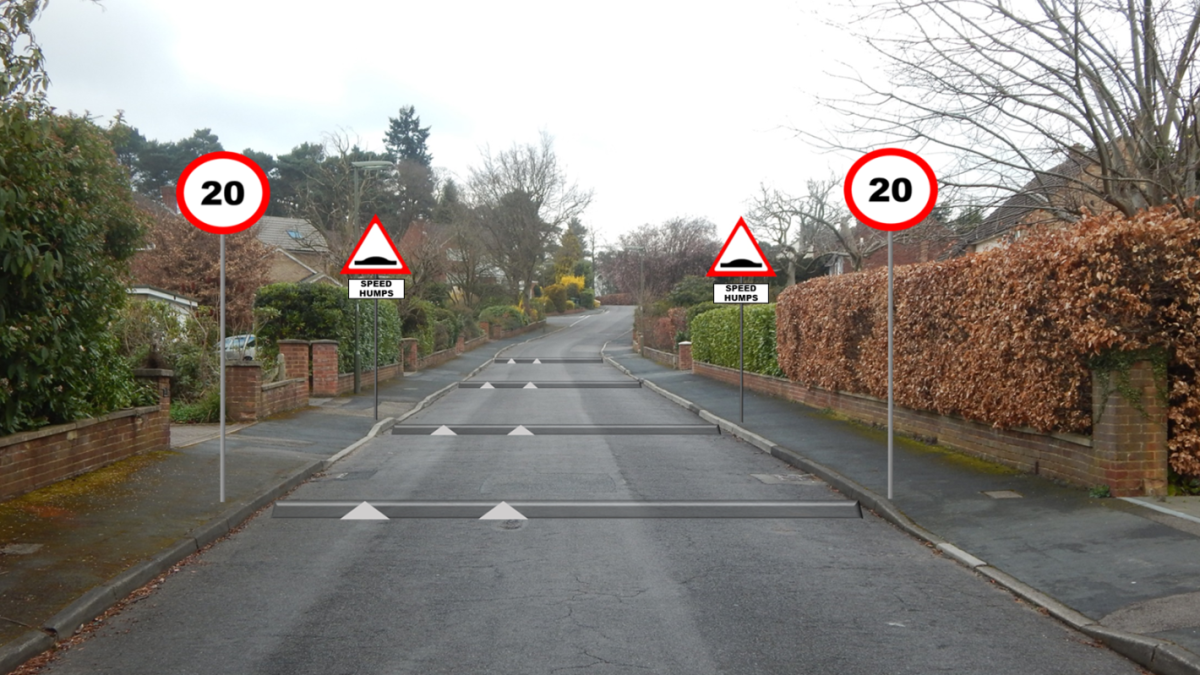
The Challenges Facing UK Motorways
The UK’s roads play a critical role in facilitating the movement of people and goods, connecting communities and businesses both domestically and internationally.
However, the mounting number of vehicles on the roads has given rise to various challenges that need to be tackled effectively to ensure the efficiency and safety of our highways.
One of the most pressing issues is the ever-increasing volume of vehicles on the road. As car ownership continues to rise, our roads are becoming congested, resulting in longer travel times and heightened air pollution. This congestion is particularly problematic in urban areas where the road network is already heavily utilized.
Furthermore, the condition of the roads themselves poses a significant challenge. Many UK roads are in dire need of repair, with potholes and other forms of damage causing inconvenience and hazards for drivers. This problem is especially prominent in rural areas, where road maintenance often falls behind that of urban areas.
Heavy goods vehicles
Another challenge facing our highways is the impact of heavy goods vehicles (HGVs). These large vehicles can cause substantial damage to road surfaces, deteriorating the quality of the infrastructure while posing risks to other road users. The government is currently exploring ways to minimize the number of HGVs on the roads, although finding a satisfactory solution is a complex endeavor.
In addition to the above challenges, our roads are also confronted with the effects of climate change. Rising temperatures and increased rainfall can lead to accelerated deterioration of road surfaces, resulting in higher maintenance costs. The government acknowledges the need to make roads more resilient to climate change, but this is an ongoing, long-term project that requires extensive planning and implementation.
Addressing the challenges facing our highways requires a holistic approach. The government’s efforts to tackle these issues are multifaceted and encompass various strategies and initiatives. One such approach is the improvement of public transportation networks, encouraging people to use alternative modes of transport and reduce their reliance on private cars. By investing in reliable and efficient public transport systems, congestion on the roads can be alleviated, leading to shorter journey times and reduced pollution.
Efficient road maintenance programs are essential to tackle the deteriorating condition of our roads. Adequate funding should be allocated to repair existing potholes and address other forms of damage promptly. Additionally, emphasis should be placed on preventative maintenance strategies to minimize the occurrence of future issues.
When it comes to heavy goods vehicles, implementing regulations and incentives to encourage environmentally friendly alternatives can help reduce their impact on the roads. Promoting the use of cleaner technology, such as electric or hybrid HGVs, can contribute to improving air quality and mitigating wear and tear on the infrastructure.
To combat the challenges posed by climate change, infrastructure resilience is of paramount importance. Investing in research and development to identify materials and construction techniques that can withstand climate-related changes is crucial. Furthermore, implementing proper drainage systems and incorporating climate change considerations into road design can help minimize the damage caused by extreme weather events.
Collaboration between the government, local authorities, and relevant stakeholders is vital in addressing the challenges facing our highways. By working together, comprehensive and sustainable solutions can be devised and implemented.
In conclusion, the UK’s roads are encountering a range of complex challenges that require immediate attention and long-term planning. Through investment in public transportation, efficient road maintenance, measures to reduce the impact of heavy goods vehicles, and building climate-resilient infrastructure, our highways can be improved.
By addressing these challenges proactively, we can ensure that our roads are safe, efficient, and sustainable for all users, enhancing the overall quality of transportation in the UK.
















